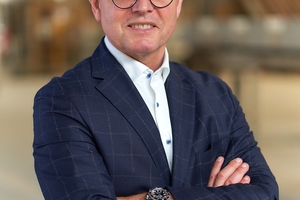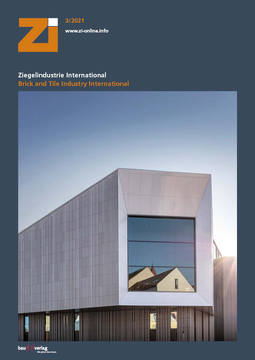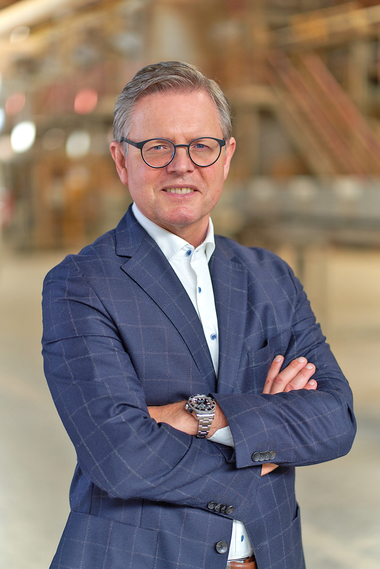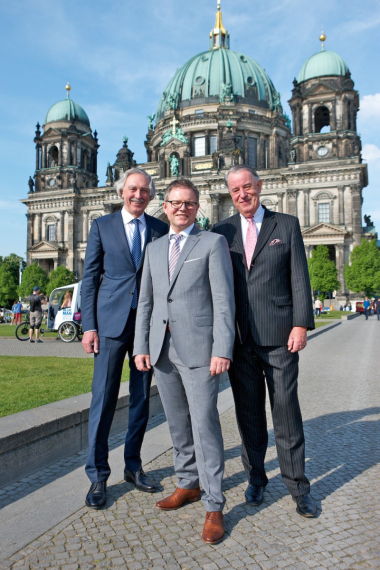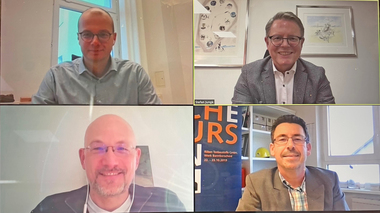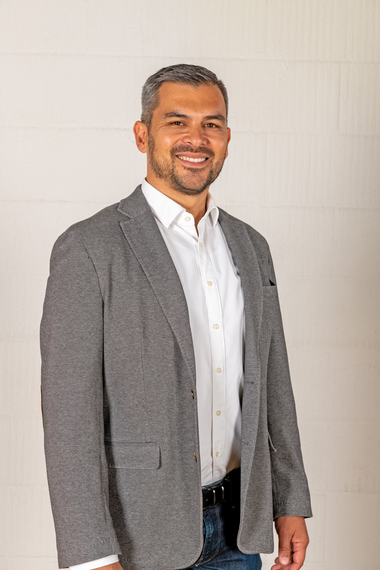German clay brick and tile industry draws up list of demands in runup to German federal election 2021
Just over five months until Germany’s federal election, the German brick and tile industry is joining in on the debate about future industry and building policy.
“The dream of buying their own affordable home is becoming increasingly unattainable for broad segments of the middle classes. Moreover, the building sector was not able to reach its climate goals in 2020. It must therefore be clear to all involved that the current level of commitment is not enough. The brick and tile industry is ready to do its bit to resolve these pressing challenges for society,” explains Stefan Jungk, President of the Federal Association of the German Brick and Tile Industry. So that the sector could make its contribution to high-quality, sustainable and affordable building and to achieving the ambitious climate goals, he added that general conditions must be designed to safeguard competitiveness and promote innovation. In a three-point paper, the German brick and tile manufacturers are putting forward their key positions in the run up to Germany’s federal government election in 2021.
Pro industrial production and climate protection
With the recently presented roadmap for a greenhouse-gas-neutral brick and tile industry by 2050, the industry branch describes its route to climate-neutral production. Jungk stresses: “For the success of this transformation process, we need more tailwind from policymakers and fewer artificial interventions in the market by the government.” He continued, saying that it was clear what was important in this regard: available green energy at competitive cost, effective carbon leakage protection, reliable goals, a comprehensive investment programme, especially for SMEs, and a clear commitment to remaining open to different technologies.
Pro social housing construction with high energetic efficiency
As a second point, the brick and tile industry addresses the conditions and incentives for social housing construction with high-grade energetic efficiency. One demand is an increase in funding support for social housing from one to three billion euros per year and a tax allowance of at least 250 000 euros for the acquisition of a first private property, with a subsequent graduated model for the property transfer tax. In addition, the refurbishment rate must be at least doubled. Incentives for the use of renewable energies – for example solar power systems – must be linked to prior energetic optimization of roofs to offer attractive combined funding.
Pro sustainable building along the value creation chain
For accurate lifecycle assessment of buildings, their entire lifecycle from the extraction of raw materials to recycling should be assessed. Access to raw materials such as clay must be facilitated and secured in the long term. For public building projects, regionally available construction materials should be taken into greater consideration; obstacles in product recycling must be removed. Moreover, the lifetime expectation for buildings of 50 years today no longer reflects the built reality and should therefore be upped to 80 years.
The position paper of the German Brick and Tile Industry in the run-up to the German federal election 2021 is available for download on the website of the Federal Association.

